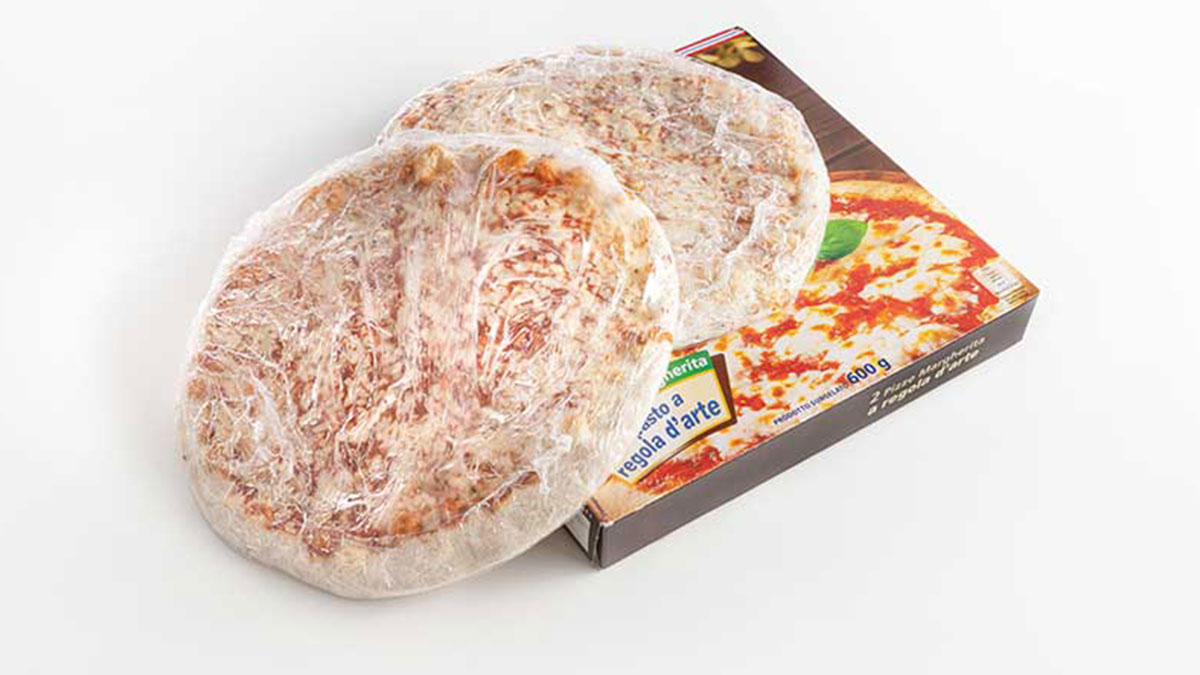Has COVID-19 penalized the sustainable packaging industry?
The need to keep food and ordinary objects safe from microbial and viral contaminations, both during the pandemic most acute phase and today, has contributed to make the request of packaging films grow.
Think not only at the medical area, with single-use packing for syringes and other healing tools, but also at the food industry that has had to provide one-to-one packing for food that, first, did not need that procedure (candies, snacks…).
On the other hand there are sectors that, with their decrease, have contributed less than usual to the final packaging production volumes (such as air travel and turism).
Has COVID changed the sustainable packing industry?
The global intelligence platform Streetbees collected data from more than 40,000 consumers in 23 countries, revealing that 35 per cent of people worldwide have changed their sustainability habits, since the end of May, for the better.
Especially in the early days of lockdown, when fears about the virus surviving on materials and surfaces were strong, the question of hygiene shot up the consumer agenda.
Has COVID19 redefined the use and the production of sustainable packaging?
The pandemic has forced packaging companies to speed up decisions on sustainable solutions and enhance their green credentials. But, if hygiene and sustainability are obviously desirable aims, the biggest challenge for packaging manufacturers is controlling costs.
And more, terms such as “single use” and “plastic” have become red-flag badges of dishonour, especially before Covid emergence.
The way to match sustainability and the growing of single-use products (with their related packaging) is the research aiming at reduce CO2 production and waste.
Reusable packaging and circular-economy models are increasing in importance and that’s an ongoing trend.
Decofilm: a sustainable company strategy
Even during the pandemic we didn’t change our company strategy.
Following the targets previously set, we have been able, indeed, to enter new markets.
Our product range, with a wide range of high-tech and green options, reached areas in which such an offer was missing, anticipating the times.
Today Decofilm is already able to respond to needs (hygienic and related to sustainability) that have represented our priorities for at least 4 years.
Here are the guidelines and reasons that lead us to be already fully operational and responding to market demands:
1) 100% recyclable films with Interseroh certification
2) Products perfectly compatible with circular economy demands
3) Reduced weights and thicknesses < 1 g/cm3
4) Use of bio-based polymers with production at C02 negative. I'm green certification
5) 100% food grade certified films, without NIAS and POP and with BRC certification
6) Use of post-production ri-granulated polymers
7) Bactericidal and virucidal formulations
